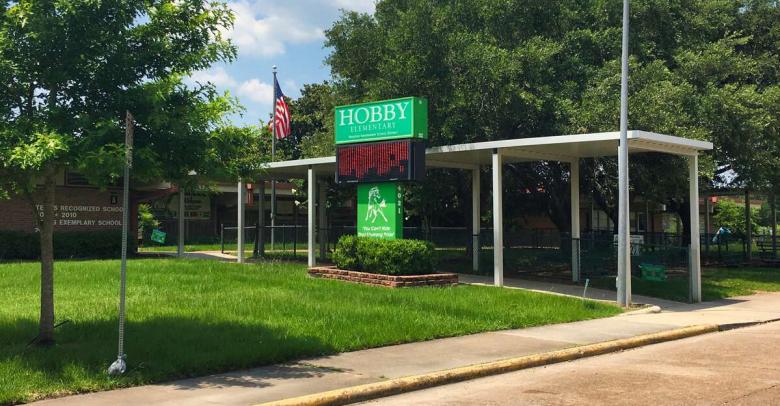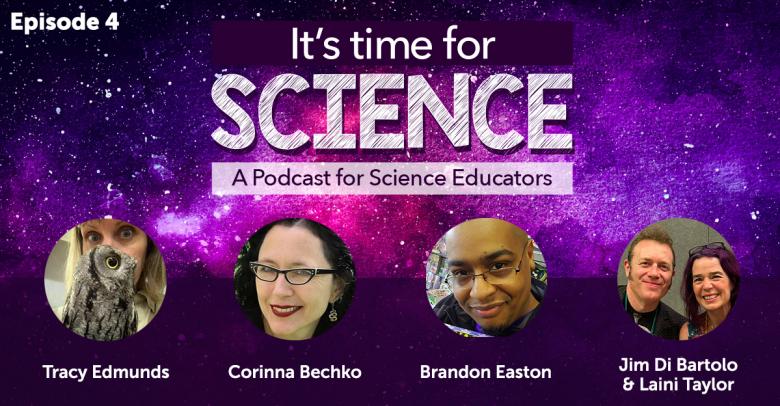To make the most of any grant money you receive, you need to have a plan for what you want to accomplish and how the received funds will help you achieve it. Unsurprisingly, the people you ask for the money also want to know these answers before they grant it to you. That’s why, both for your grant provider and for you, your detailed grant evaluation plan is one of the most critical sections of your request for funds.
While every grant is meant to meet an ultimate goal, the milestones towards that goal are specific objectives. A well-written evaluation section lists SMART objectives, an acronym of all the attributes your evaluation section should be: Specific, Measurable, Achievable, Relevant and Time-bound. Here’s an example for a project we’ll call the “After School Program.”
Specific: Make your objectives concise by describing them in detail. What is your After-School Program’s design? What type of subject matter will be offered? What age groups, days, and hours? Will there be a summer program?
Measurable: Make sure you’re using valid measurement criteria that are relevant to the project—e.g., serving 75 students with a goal of improving literacy skills by 10%.
Achievable: Objectives need to be attainable with the money being asked. Don’t promise 100% if you can only achieve 75%, or you’ll be setting yourself up for failure.
Relevant: Objectives should help you reach your larger goals. Now that the Boys and Girls Club down the street just opened an After-School Program at the YMCA, is your project still relevant? Will you be serving the same population?
Time-Bound: A very clear timeline that is tied into the activities, goals and outcomes should be completed so the call to action for the project is clear: “Our After-School Project will need to be ready to roll when the school year starts and coincide with the district’s schedule.”
Another dimension of a well-crafted evaluation is its use of research. This shows you know your audience so your money will be spent wisely. Your request should reflect two kinds of research: qualitative and quantitative.
Quantitative is related the word “quantity” because it’s exactly that: hard numbers. Some prefer this kind of data because it is perceived as more scientific and credible. Its role often is to measure the results of your effort.
Qualitative research, by contrast, is descriptive. Although it deals in things that can’t be measured, it should refer to factors that can be clearly described. In education, qualitative assessment should provide feedback on questions such as these: Where are students struggling? How can the problems be addressed? A goal of qualitative assessment is to evaluatestudent learning by comparing it to a benchmark or standard. Examples could include a final paper or project or mid-term exam.
Using Evaluation Data in a Cycle of Improvement
Data processing, done right, is the conversion of raw data into relevant information that helps address a problem. The Data Processing Cycle includes, in order: 1) Collection, 2) Preparation, 3) Input, 4) Processing, 5) Output, 6) Interpretation, and 7) Storage. Each step in the cycle must be taken in order, but the process is cyclical, as the end of one investigation results in additional questions that must be fed through the cycle again. Funders will demand that your reports include compilations of this data.
Quarterly Reports are the most important outcome of an evaluation, because they provide information that will be used to improve programs. This information also must be included in monthly, quarterly and/or annual reports to the funder. It is critical that the reports are precise and well-written, quickly and accurately communicating credible findings.
There are many ways to evaluate a project, depending on its purpose. Your evaluation needs to display valid, sound methods for gathering information and analysis. You don’t need to spend a lot of money, but you do need to supply a wealth of depth, clarity, and credibility. Used with care, the principles of creating a professional grant evaluation will help you gather the dollars to further your students’ educational goals.
This is a condensed version of a blog provided by Resource Associates. School Specialty is a proud partner of Resource Associates, which has over 20 years of experience in grant writing and evaluation programs. For the full version of this blog, see https://grantwriters.net/blog/expert-tips-on-evaluation/#more-2817.






Leave a Reply